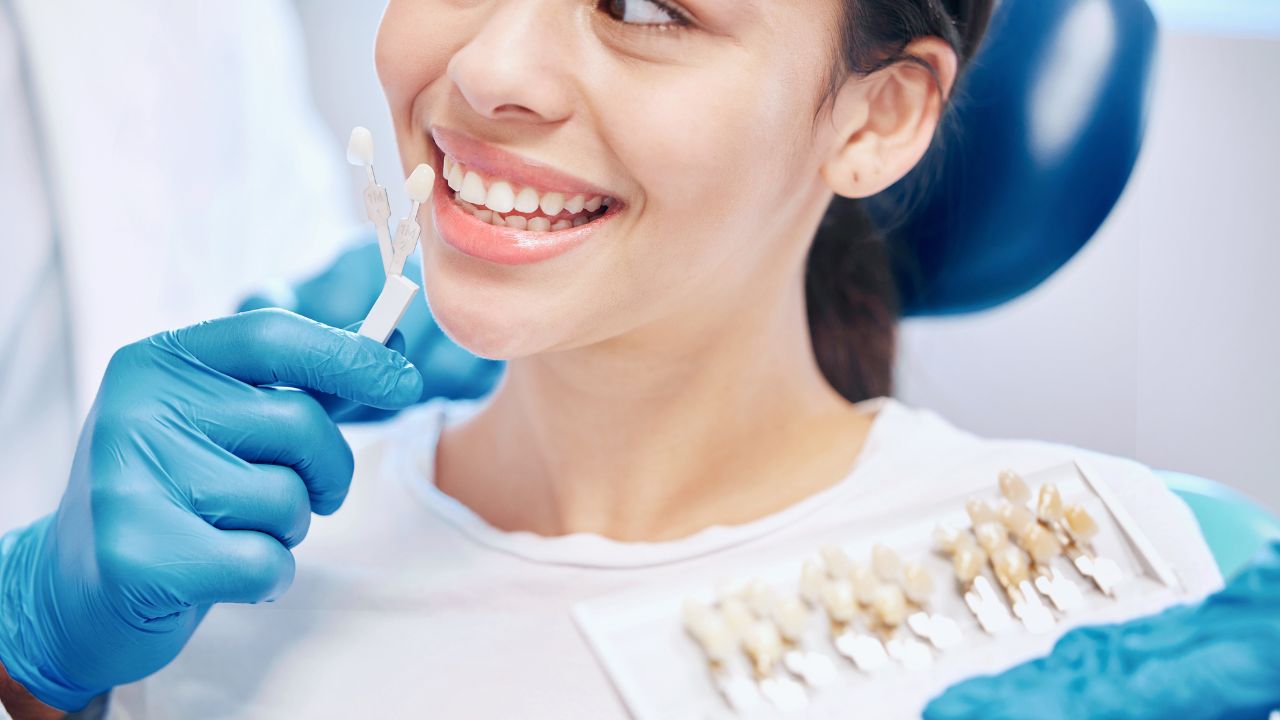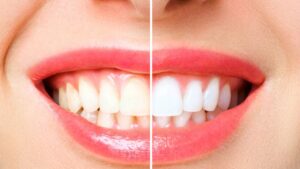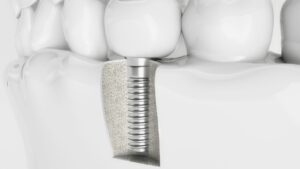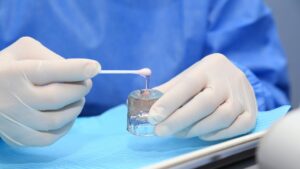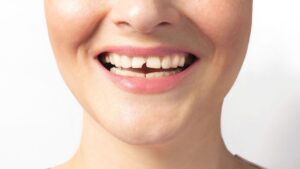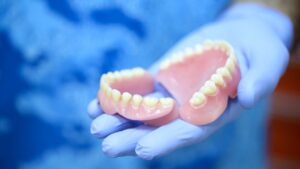A dental crown is essentially a tooth-shaped “cap” that is placed over a tooth to protect it and restore its shape, strength, and appearance. Crowns are custom-made to fit over a prepared tooth (or a dental implant), completely covering the visible portion above the gumline. Dentists typically recommend a crown when a tooth is too damaged for a filling. For example due to extensive decay, a very large filling, a crack or fracture, or after a root canal treatment, to strengthen the weakened tooth.
Crowns are also used to cap a dental implant or to improve appearance of a discolored or misshapen tooth. In short, whenever a tooth’s structure is compromised but the root is still viable, a crown can save the tooth and restore your smile.
Public vs Private Dental Clinics: What’s the Difference?
In Singapore, you can get crowns done at public institutions (such as the National Dental Centre Singapore (NDCS) or dental clinics at restructured hospitals like NUH, SGH, CGH, KTPH, etc.) or at private dental clinics. The experience and cost can differ significantly.
Public Institutions (Restructured Hospitals & NDCS). These are government clinics. If you are referred by a polyclinic or classified as a subsidised patient, you’ll receive treatment at lower rates (government subsidies cover part of the cost). However, you generally cannot choose your dentist (a dentist will be assigned) and waiting times can be longer. It’s not uncommon to wait several weeks for an initial consult, and a few months for follow-up appointments for non-urgent procedures. For example, polyclinic dental appointments may only be available months out due to high demand.
If you choose to go as a private (unsubsidised) patient at a public institution, you pay higher fees (no subsidy), closer to private clinic rates but you might get seen faster or choose a specialist. Public institutions have the advantage of concentrated expertise for complex cases (NDCS has specialists in prosthodontics, etc.), but routine crown work can be done in either public or private sector effectively.
Private Dental Clinics. These range from small heartland clinics to large dental centers. Prices are set by the clinic and tend to be higher on average than public subsidies rates, but there is a big range depending on location, material and the clinic’s overhead. The upside is usually shorter waiting times – you can often get an appointment within days – and a personal choice of dentist or specialist. Private clinics may also offer a more customized service or amenities. There’s a wide choice of clinics across Singapore, and some cater to specific needs (e.g., high-end cosmetic dentistry, which may charge more).
In terms of cost, private clinics may charge anywhere from around $700 to $2,000 for a crown, depending on the material and case complexity, and upscale clinics even up to around $3,000 for premium options
We’ll dive into specific price ranges in the next section
How Much Do Crowns Cost in Singapore?
| Crown Material | Public Clinic (Subsidised) | Public Clinic (Unsubsidised) | Private Clinic |
| Porcelain-Fused-to-Metal (PFM) | ~$200 – $500 | ~$700 – $900 | $800 – $1,500 |
| Full Ceramic (All-Porcelain) | ~$250 – $600 | ~$800 – $1,100 | $1,000 – $2,000 |
| Zirconia (Ceramic) | ~$300 – $600+ | ~$1,000 – $1,300 | $1,200 – $2,500 |
| Metal (Gold alloy) | ~$400 – $800+ | ~$1,200 – $1,500 | $1,500 – $3,000 |
Actual prices depend on the case and provider. Public hospital dental departments do not always list different prices for each material publicly. The estimates in the table above for public rates by material are approximate. The unsubsidised range for public clinics is roughly $700–$1,300 for most crowns.
Overall, subsidised rates could be roughly 50% or more off the full price – often only a few hundred dollars out-of-pocket per crown for the patient.
By comparison, private clinic prices tend to be higher and vary by material – for instance, a zirconia crown in a private practice might be ~$1,200 to $2,500.
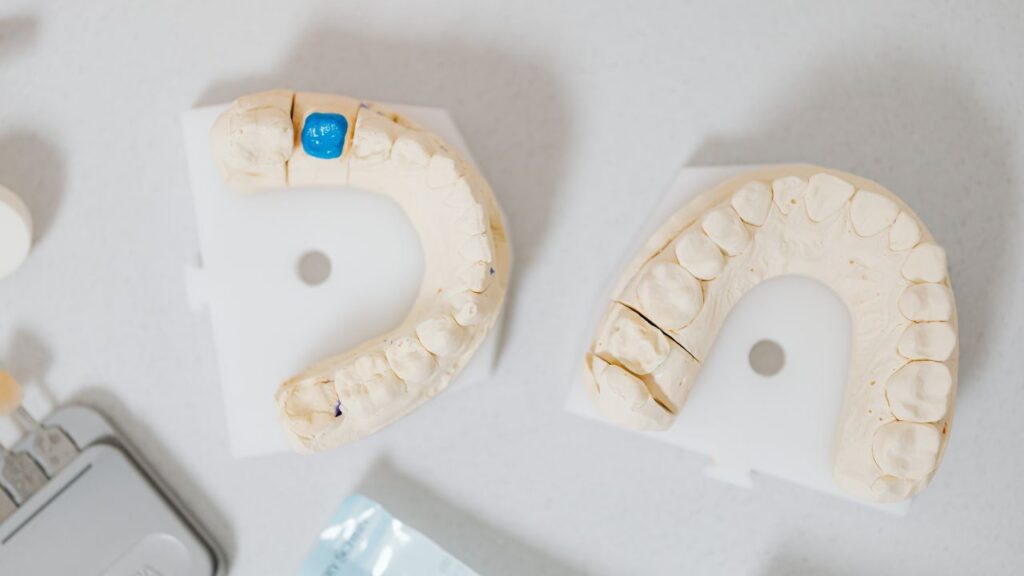
Government Subsidies and Support (CHAS / MediSave / Insurance)
Singapore offers a few programs to make dental care more affordable, but it’s important to know which apply to dental crowns:
Subsidised Public Care. Singapore citizens and PRs are eligible for subsidies at restructured hospitals/NDCS. The discount is substantial, but you must accept the assigned dentist and the waiting time. Permanent residents (PRs) get a smaller subsidy than citizens, and foreigners are not subsidised.
CHAS (Community Health Assist Scheme). CHAS provides subsidies for Singapore citizens at participating private clinics, including dental clinics, especially for lower to middle-income households.
Crowns are covered under CHAS for eligible patients, up to certain limits. Specifically, CHAS Blue and Orange cardholders can get a fixed dollar subsidy per crown (up to 4 crowns per year). E.g. about $85 subsidy per crown for CHAS Orange and $127.50 per crown for CHAS Blue
Pioneer Generation (PG) and Merdeka Generation (MG) seniors enjoy slightly higher subsidies (approximately $132–$137 per crown).
These subsidies will directly reduce the amount you pay to the private clinic. Keep in mind that the subsidy is per procedure, not a percentage, so if a private dentist charges $1,000 for a crown and you have CHAS Blue, that crown might cost you roughly $1,000 – $127.50 = $872.50 out-of-pocket (before GST). CHAS can thus help take the edge off the cost, but will not cover it entirely. Not all private clinics are on CHAS, so check for the CHAS logo or ask the clinic.
MediSave. MediSave (CPF) funds can only be used for surgical dental procedures, not for routine or restorative work like crowns. According to CPF, non-surgical treatments such as crowning, dentures or braces are not MediSave-claimable. In other words, you generally cannot use MediSave to pay for a simple crown procedure
Dental Insurance. Some people have private dental insurance or corporate dental benefits. Dental insurance plans in Singapore often cover crowns partially if they are medically necessary (for example, after an accident or for a large cavity). Typically, insurance will not cover purely cosmetic crowns. Coverage limits and co-payments vary widely, you would need to check your specific policy. It’s worth noting many basic dental plans have an annual limit that might cover only one crown or a portion of it. Always verify with your insurer what portion of a crown they will cover, if at all.
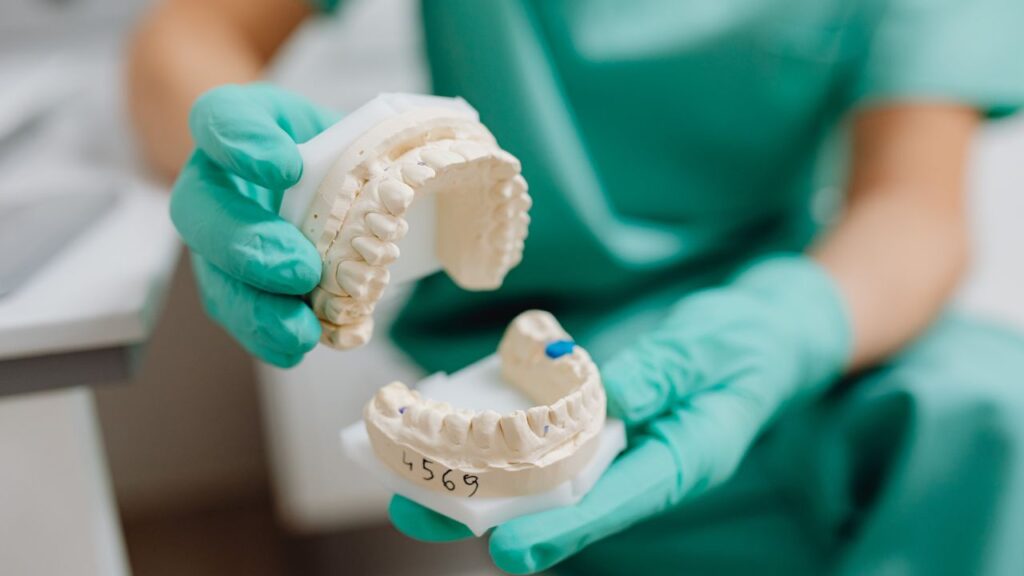
Factors That Affect Dental Crown Pricing
Why do crown prices vary so much? Several key factors influence the cost of getting a crown in Singapore:
Material of the Crown. The choice of material is one of the biggest cost drivers. As noted, porcelain-fused-to-metal crowns generally cost less than zirconia or gold crowns. High-end all-ceramic crowns (like zirconia or E-max porcelain) have higher lab costs for their superior aesthetics and strength, thus higher price tags. Essentially, the more durable or natural-looking the material, the higher the fee in most cases.
Tooth Location & Aesthetics. Which tooth you are crowning can indirectly affect cost because it determines the type of crown best suited. Front teeth often require porcelain or ceramic crowns for cosmetic reasons, which can be pricier. Back molars, if not visible, might use PFM or metal crowns that could be slightly cheaper. However, some patients also choose pricier tooth-colored crowns even for back teeth. Additionally, if a tooth is hard to reach or has an unusual shape, the procedure might be more complex, potentially affecting the cost.
Dental Clinic’s Pricing Structure. Different clinics have different pricing. A boutique dental practice in the city with state-of-the-art equipment might charge more than a neighborhood clinic in the heartlands. For example, clinics with on-site CAD/CAM milling machines might charge more for the convenience of one-day crowns. The reputation and location of the clinic, as well as the expertise of the dentist will also factor into the fee.
Laboratory Quality and Workmanship. Some crowns are made by overseas labs vs. local labs, or by using advanced digital techniques. A high-quality dental laboratory that produces very precise, lifelike crowns might charge the dentist more. These quality differences can make the crown more expensive. While you as a patient might not directly choose the lab, the dentist’s selection of lab (budget vs. premium) will influence your cost.
Complexity of the Case. If your tooth needs additional work before the crown can be placed, the overall cost goes up. For instance, a tooth that is badly broken down might need a core build-up (reinforcing filling) or even a post placed in the root for support after a root canal, before the crown is done. These are additional procedures billed on top of the crown itself. Likewise, if gum treatment or minor surgery (like crown lengthening to expose more tooth structure) is needed, those add to cost. Even taking a digital scan vs. a physical mold impression might have different fees. Essentially, a straightforward crown on a relatively intact tooth will cost less than one that involved extensive prep work
Number of Visits / Convenience. Most crowns require two visits (one to prepare the tooth and take impressions, and a second about 1–2 weeks later to cement the crown once the lab makes it). However, some modern clinics offer single-day crowns using CAD/CAM (CEREC, etc.). If you opt for that convenience, the technology cost might make the crown fee higher than a traditional two-visit crown. On the other hand, it saves time. So depending on whether you’re getting a standard lab crown or a same-day crown, prices can differ.
In essence, each dental crown case is unique. Material choice, the technical difficulty, and where you get it done will all play a part in the final price. It’s always a good idea to consult with your dentist for an exact quote tailored to your situation. Don’t hesitate to ask why a particular type of crown is recommended and if there are cheaper alternatives. A good dentist will explain the trade-offs in durability or aesthetics.
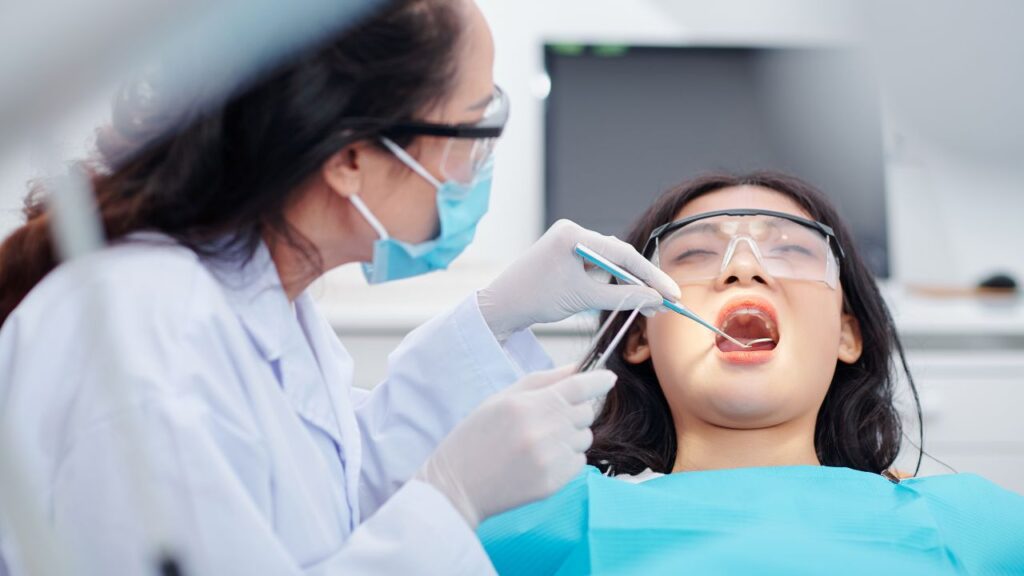
Conclusion
Getting a dental crown in Singapore can range from very affordable (with public subsidies) to relatively expensive (high-end private clinics and materials).
Public clinics like NDCS or hospital dental centres offer quality treatment at lower fees, especially if you go the subsidised route – just be prepared for longer wait times and less flexibility in choosing your dentist.
Private dentists offer convenience and choice, but at a higher price which varies by clinic and crown type. Always check if you qualify for schemes like CHAS to offset private costs, and remember that MediSave won’t cover crowns (since they’re non-surgical).
Ultimately, a dental crown is an investment in saving a tooth. It’s worth considering the long-term benefit – a well-made crown can last 10-15 years or more with good care. Whether you opt for a public or private route, discuss the options and costs with your dentist. With the right information, you can make an informed choice that fits your budget and ensures your tooth gets the protection it needs.
Your smile and dental health are important, so weigh the factors (cost, material, dentist’s expertise, etc.) and choose the option that gives you peace of mind and a healthy result.

